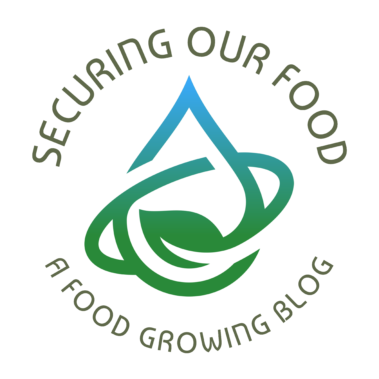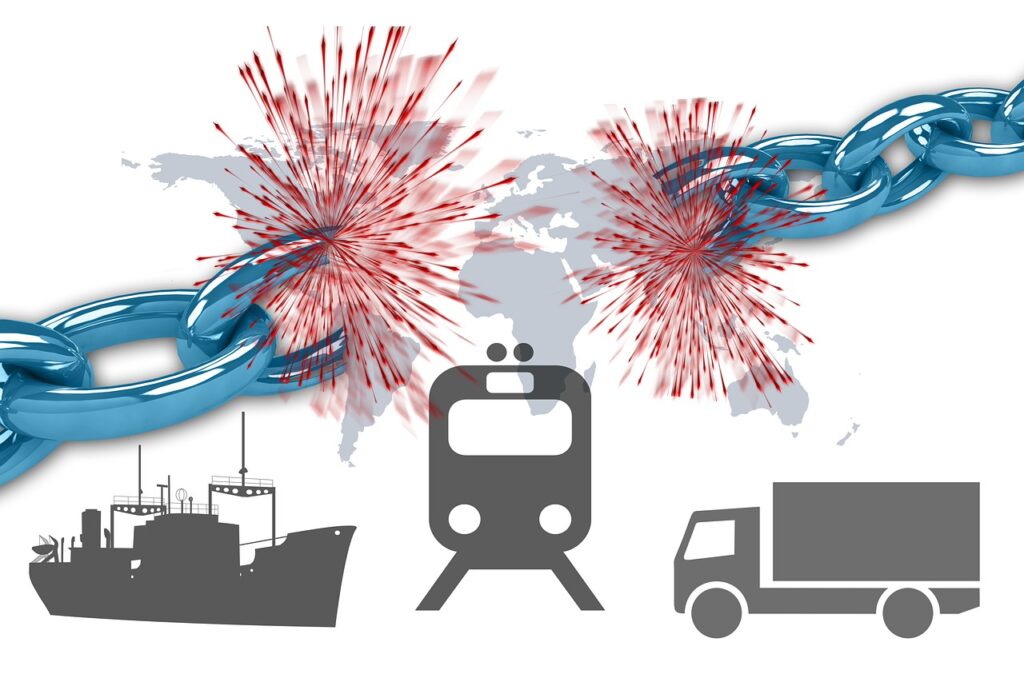Introduction:
Access to healthy, nutritious food is essential for maintaining good health and well-being, yet many people in the United States and around the world struggle to obtain the food they need. Food insecurity is a complex issue that can be caused by a variety of factors, including poverty, economic inequality, and the concentration of unhealthy food options in certain neighborhoods. In addition to these systemic issues, the use of chemical pesticides and herbicides in agriculture can also contribute to food insecurity by affecting the health and sustainability of our food system.
In this article, we will discuss the use and dangers of chemical pesticides and herbicides in food production and their impact on human health and the environment. We will also explore the importance of sustainable and environmentally friendly farming practices as a way to address these issues and ensure that everyone has access to healthy, nutritious food.
Chemical Pesticides and Herbicides: Uses and Risks
Chemical pesticides and herbicides are widely used in agriculture to control pests and weeds that can damage crops and reduce yields. These chemicals can be effective in protecting crops and increasing productivity, but they also have significant drawbacks that can have negative consequences for human health, the environment, and the sustainability of our food system.
Pesticides are designed to kill insects, rodents, and other pests that can damage crops. They are typically sprayed on fields in large amounts, which can lead to the contamination of soil and water resources. Some pesticides can persist in the environment for years, and their use can lead to the buildup of toxic residues in the food we eat.
Herbicides, on the other hand, are chemicals used to control weeds and unwanted plants that can compete with crops for nutrients and resources. Like pesticides, herbicides can also have negative impacts on the environment, human health, and the sustainability of our food system. Some herbicides are known to be toxic to wildlife, and their overuse can lead to the development of resistant weeds, which can be difficult and expensive to control.
One of the biggest concerns with the use of chemical pesticides and herbicides is their potential to harm human health. Exposure to these chemicals can lead to a range of health problems, including cancer, neurological disorders, and developmental delays in children. The risks associated with these chemicals are particularly high for farm workers, who are often exposed to high levels of pesticides and herbicides on a regular basis.
The Dangers of Processed Foods
In addition to the risks associated with chemical pesticides and herbicides, the overconsumption of processed foods can also have negative consequences for human health. Processed foods are typically high in calories, sugar, salt, and fat, and often contain artificial preservatives, flavors, and colors that can have negative health effects. These foods are often less nutritious than whole, unprocessed foods, and can contribute to a range of health problems, including obesity, diabetes, and heart disease.
Processed foods are also typically produced by large food corporations that rely on industrial agriculture and factory farming practices to produce large quantities of food at low cost. These practices can have negative environmental impacts, including the depletion of soil nutrients, water pollution, and the loss of biodiversity.
Addressing Food Insecurity and Promoting Sustainable Farming Practices
To address food insecurity and the negative consequences of chemical pesticides and herbicides, many farmers and food producers are turning to more sustainable and environmentally friendly practices, such as organic farming, integrated pest management, and agroforestry. These practices focus on building healthy soil, promoting biodiversity, and using natural methods to control pests and weeds, rather than relying on harmful chemicals.
In addition to these sustainable farming practices, many communities are working to improve access to healthy food by supporting local farmers’ markets, community gardens, and other initiatives that increase the availability of fresh produce in low-income areas. These efforts can help to address food deserts and ensure that everyone has access to healthy, nutritious food.
Another approach that is gaining popularity is the use of hydroponics, aquaponics, and raised bed gardening to grow food in urban and suburban areas. These methods of food production require less water and space than traditional farming, making them ideal for urban environments. Hydroponics and aquaponics use nutrient-rich water to grow plants, while raised bed gardening involves creating a raised bed filled with soil in which to grow plants. These methods can be used to grow a variety of vegetables, fruits, and herbs, and are an excellent way for individuals and families to take control of their own food production.
Conclusion:
In conclusion, food insecurity is a complex issue that is caused by a variety of factors, including poverty, economic inequality, and the use of chemical pesticides and herbicides in agriculture. The overconsumption of processed foods and the environmental impact of industrial agriculture and factory farming practices also contribute to the problem.
To address these issues, it is essential that we promote sustainable and environmentally friendly farming practices that prioritize human health and the health of the planet. This means supporting local farmers’ markets and community gardens, as well as encouraging the use of hydroponics, aquaponics, and raised bed gardening to grow food in urban and suburban areas and for growing some of you’re own.
By taking these steps, we can create a food system that is healthy, sustainable, and accessible to all, and ensure that everyone has access to the nutritious food they need to thrive.

